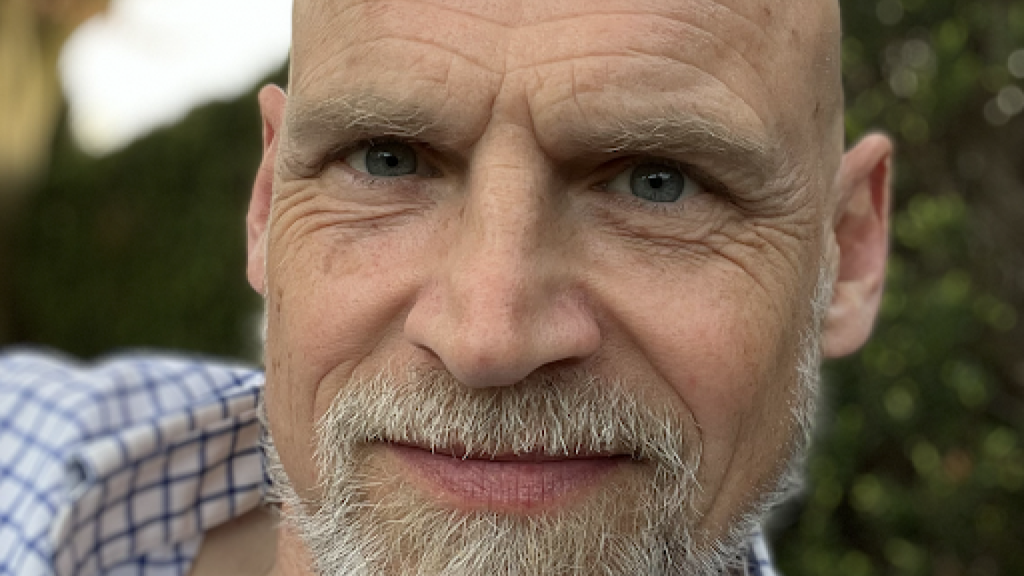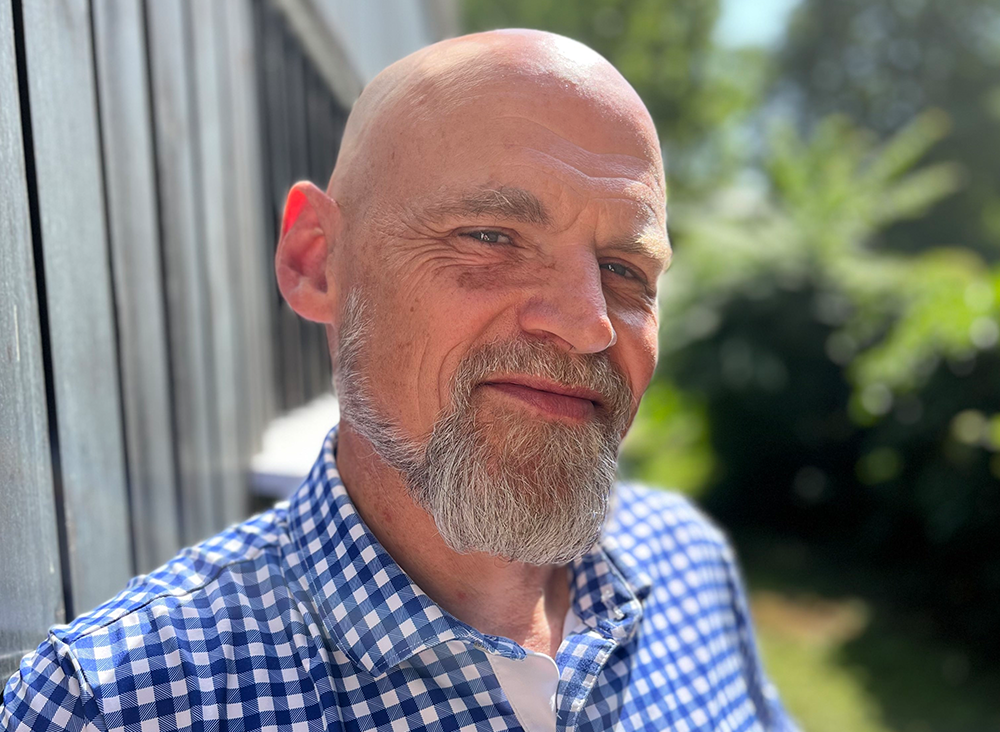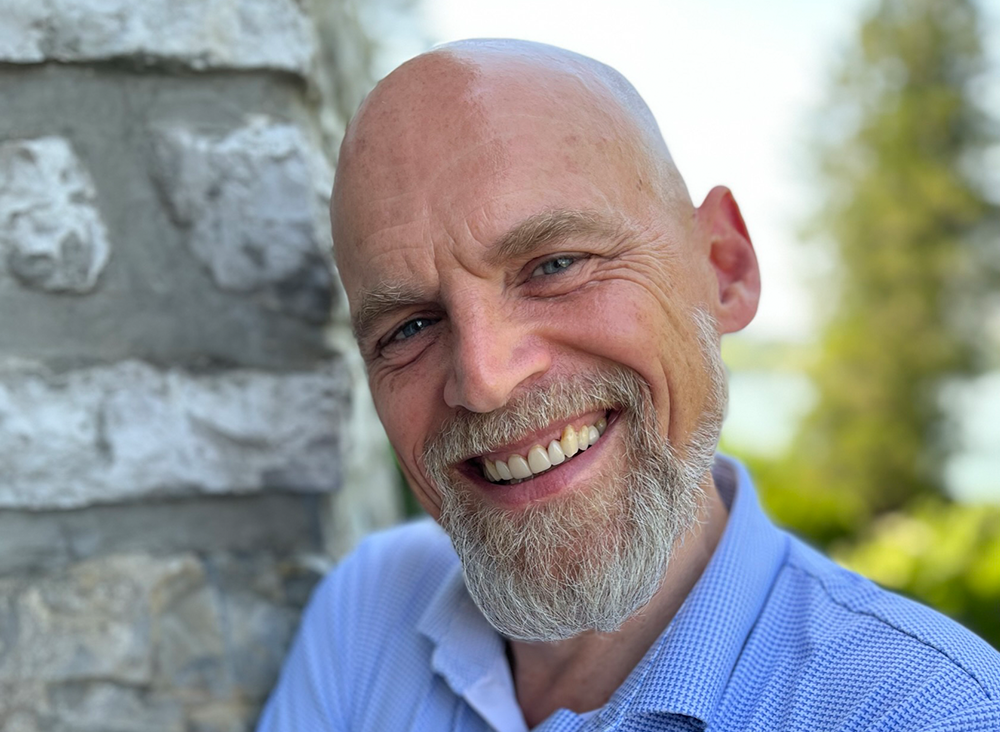
April is rebirth month. What resonates with me when I think of ‘rebirth’ is the notion of change, of a new version of oneself. My journey as a dad of a beautiful boy who struggled with substance dependency brought a gift of a “new me”. Yes, of course, I’m the same dad, but yet I feel like I’m a “new me”.
Although I had been exposed to addiction in my family, I didn’t have an addictive personality. My understanding around other people’s addiction was ‘limited’ to a reactive thought: ‘Why don’t they just stop?’ It was natural that with that kind of perspective, I couldn’t relate to our son’s struggle and not surprising that this lack of understanding increased my already high stress level.
I started to make progress once I bought into the research showing that addiction is not a lack of willpower or moral principles. But rather that it is a chronic disease that requires ongoing treatment and support for addiction recovery. One way that addiction was described to me is that it is a complex and chronic brain disease that is characterized by compulsive drug-seeking behavior despite negative consequences. It is a condition that can affect anyone, regardless of their background, education, or social status.
What further deepened my understanding was to learn about the brain, namely the prefrontal cortex and the amygdala, and that these two brain regions play a critical role in addiction. The prefrontal cortex is involved in decision-making, impulse control, and executive functions, while the amygdala is responsible for processing emotions, particularly fear and reward. In addiction, there is often an imbalance in the interplay between the prefrontal cortex and the amygdala. This can result in a cycle of impulsivity, heightened sensitivity to reward, and impaired decision-making, which can contribute to the development and maintenance of addictive behaviors. There is another cruel trick that nature plays on teenagers in that the prefrontal cortex doesn’t fully develop until they reach mid-twenties, for males, often later than that.
I’m not going to pretend that with that knowledge, I didn’t have thoughts such as: ‘why doesn’t he do something healthy for himself?’ However, the more I learn about addiction, the easier it is to not act on those thoughts.
Another sobering moment I remember was when someone shared their acceptance that addiction is a disease and not a character flaw. They expressed how ashamed they felt to have been so resentful towards their child, given that a diagnosis of a different disease – let’s say a brain tumor – would not have produced that same kind of judgment and resentment. That shift in perspective was very powerful for me. Of course, there is still pain, but eventually, I stopped piling on other toxic thoughts of blame and judgment.
My interactions with my son were still laced with sadness that he is struggling, but gradually, my suffering switched to struggling. I used to think that suffering and struggling describe the same painful experience, but today, those two terms describe very different dynamics in my experience of my son’s struggle. Neither term describes a desirable state of being, but struggling for me has less room for judgment and resentment, and allows space for empathy and understanding.
When our son relapsed 6 weeks after completing his first Wilderness Program, I was devastated because I lost hope that even with all the efforts and resources, our son would never get better. During that time, I ran into an acquaintance who taught me an important reality about relapse as part of the addiction recovery process. I don’t know why, but I felt compelled to share with him that our son is struggling, had been in recovery, and just relapsed. This guy nodded and told me that it can be a very difficult journey, that he himself had struggled with substance dependency, that he went through 7 different rehab programs until it clicked, and today he has been sober for over 20 years. Shortly after that conversation, we met a different therapist who was more equipped to deal with the addiction piece of our son’s struggle. She, too, had been on a long and difficult journey, had gone through 4 rehabs, and back then had been 30 years sober. The more stories like those I heard, the less fearful I become of a relapse.
As of today, our son has been sober for over 3 ½ years, but what I’m more proud of – and I tell him that often – is how he continues to stay connected to AA, supporting other young folks as a sponsor or mentor.
Turning back to the notion of ‘my rebirth’: these last 4 years brought me renewed purpose, passion, and clarity in how I can best support my son in his addiction recovery. This is a radical shift from the dad I was 4 years ago.


